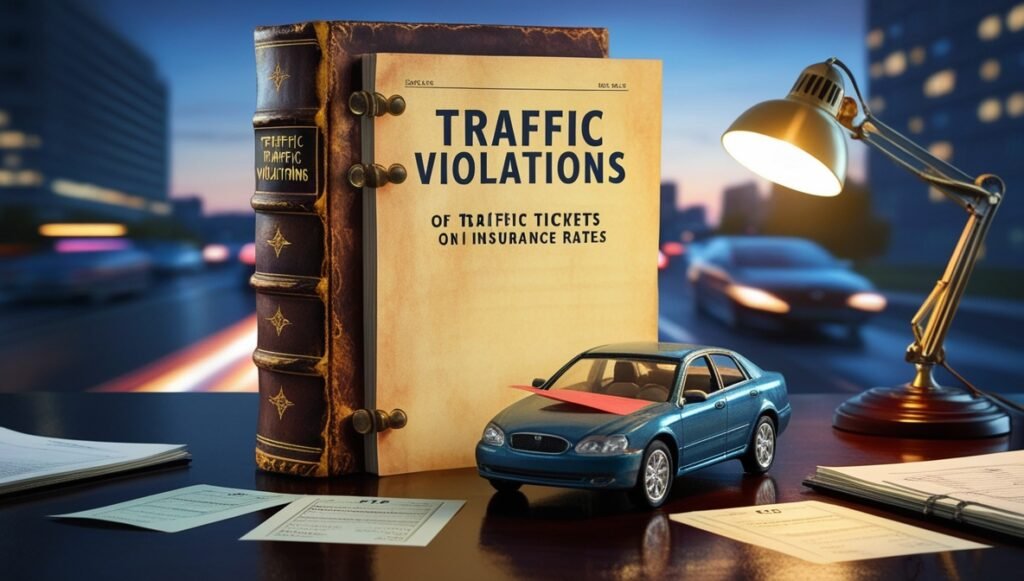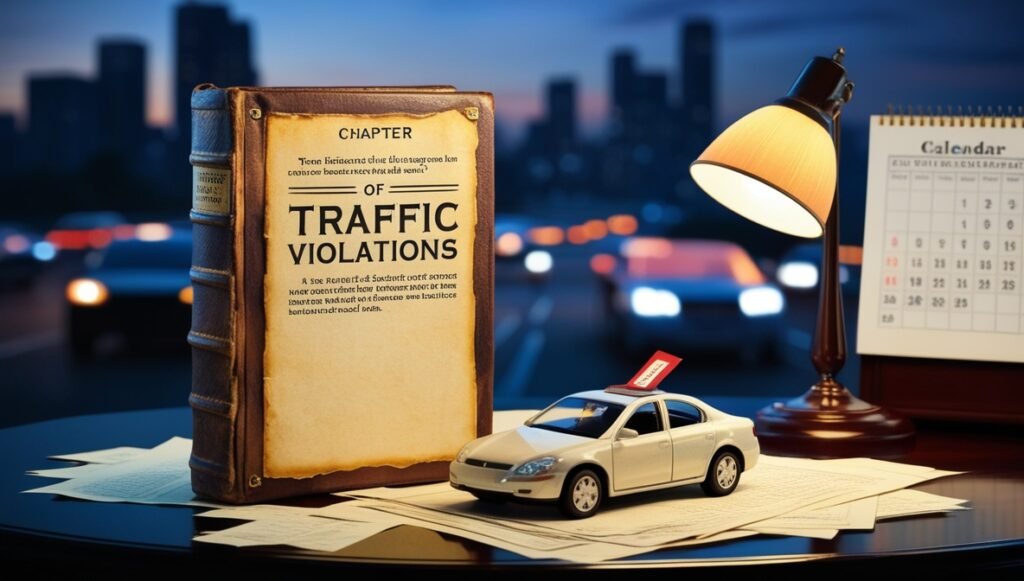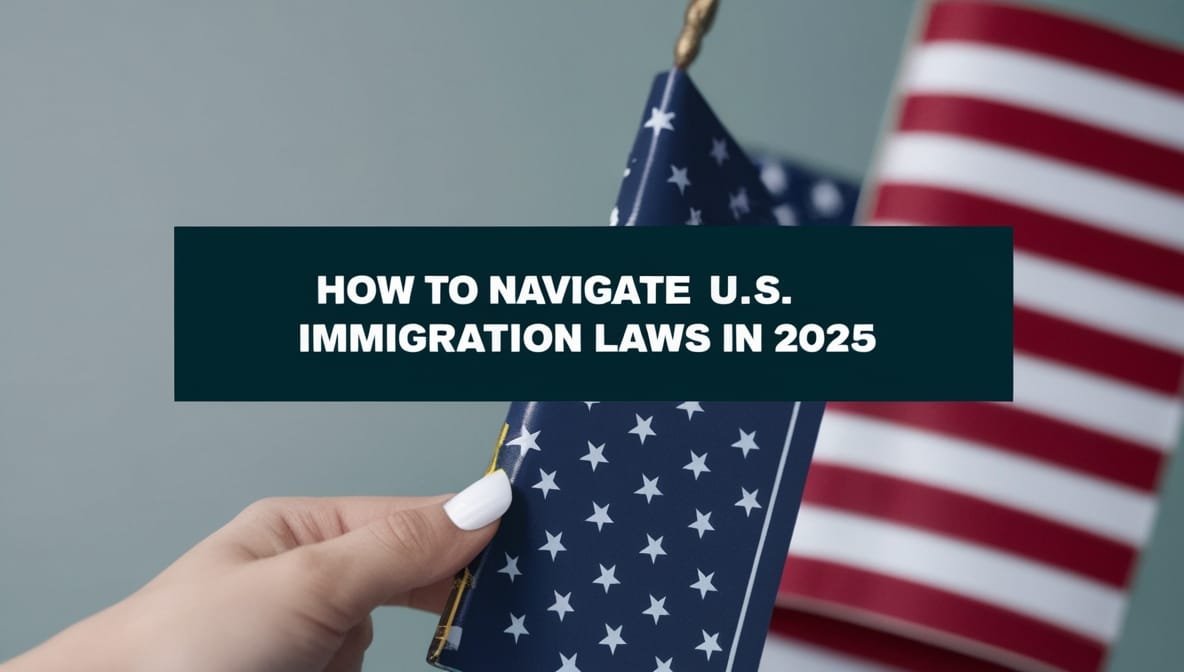How Traffic Tickets Impact Your Insurance Rates in the US: Getting a traffic ticket can be more than just an inconvenience and a fine—it can have a lasting impact on your auto insurance premiums. Understanding how traffic violations affect your insurance rates is crucial for every driver in the United States. Let’s dive into the details of this relationship and explore what you can expect if you receive a traffic ticket.
The Connection Between Traffic Tickets and Insurance Rates
Insurance companies use your driving record as a key factor in determining your risk profile and, consequently, your insurance premiums. When you receive a traffic ticket, it becomes part of your driving history, signaling to insurers that you may be a higher-risk driver.
Types of Violations and Their Impact
Not all traffic violations affect your insurance rates equally. Here’s a breakdown of common violations and their potential impact:
| Violation | Average Rate Increase |
|---|---|
| Hit and run | 82.2% |
| DUI | 73.9% |
| Reckless driving | 70.4% |
| Speeding (21-25 mph over limit) | 26% |
| Speeding (6-10 mph over limit) | 20% |
| Failure to yield | 20% |
| Running a red light | 23% |
As you can see, more severe violations like hit and run or DUI can lead to dramatic increases in your insurance rates, while minor infractions like speeding 6-10 mph over the limit have a less significant impact.

Factors Influencing the Impact of Traffic Tickets on Insurance Rates
Several elements determine how much your insurance rates might increase after a traffic violation:
- Severity of the Violation: More serious offenses have a greater impact on rates compared to minor infractions.
- Your Driving History: A clean record prior to the ticket may result in a smaller increase compared to a history of violations.
- Frequency of Violations: Multiple tickets in a short period will likely lead to steeper rate hikes.
- Your Age and Driving Experience: Younger, less experienced drivers may face larger increases.
- Location and Insurance Provider: Different states and insurance companies have varying policies regarding traffic violations.
Long-Term Effects of Traffic Tickets on Insurance
Traffic violations can impact your insurance rates for several years:
- Most insurers consider violations for three to five years after the infraction.
- Some violations, like DUIs, can affect rates for up to 10 years in certain states.
- Even after a ticket is removed from your driving record, some insurance companies may consider your past history when determining rates.
The Hidden Costs of Traffic Tickets
While the immediate fine for a traffic ticket might seem manageable, the long-term insurance costs can be substantial:
- A typical speeding ticket fine averages around $150.
- However, the resulting insurance increases can cost an additional $340+ per year for three years.
- This means a single speeding ticket could cost you over $1,000 in insurance penalties alone.
State-Specific Impacts
The impact of traffic tickets on insurance rates can vary significantly by state. For example:
- In North Carolina, full coverage car insurance rates increase an average of 49% after a single speeding ticket, the highest of any state.
- In contrast, New York drivers only see a 6% rate increase on average after a speeding ticket conviction, despite having some of the highest base insurance rates in the country.
Strategies to Minimize the Impact of Traffic Tickets on Insurance Rates
If you’ve received a traffic ticket, there are steps you can take to potentially reduce its impact on your insurance:
- Contest the Ticket: If you believe you were wrongly cited, consider fighting the ticket in court.
- Attend Traffic School: Some states allow you to keep minor infractions off your record by completing a driver safety course.
- Maintain a Clean Record: Avoid additional violations to prevent further rate increases.
- Shop Around for Insurance: Different insurers weigh violations differently, so compare quotes from multiple companies.
- Ask About Forgiveness Programs: Some insurers offer accident forgiveness or ticket forgiveness programs.
FAQs: How Traffic Tickets Impact Your Insurance Rates in the US

Q: How long does a speeding ticket stay on my driving record?
A: Typically, a speeding ticket remains on your driving record for 3-5 years, depending on your state.Q: Can my insurance company drop me for getting a ticket?
A: While rare for a single minor violation, accumulating multiple tickets or serious offenses could lead to non-renewal of your policy.Q: Do all insurance companies check driving records?
A: Most insurance companies check driving records when you apply for a new policy or renew an existing one.
Official Website For Know More – Click Here
Also Read : Will a traffic ticket affect my insurance rates In New York City?






